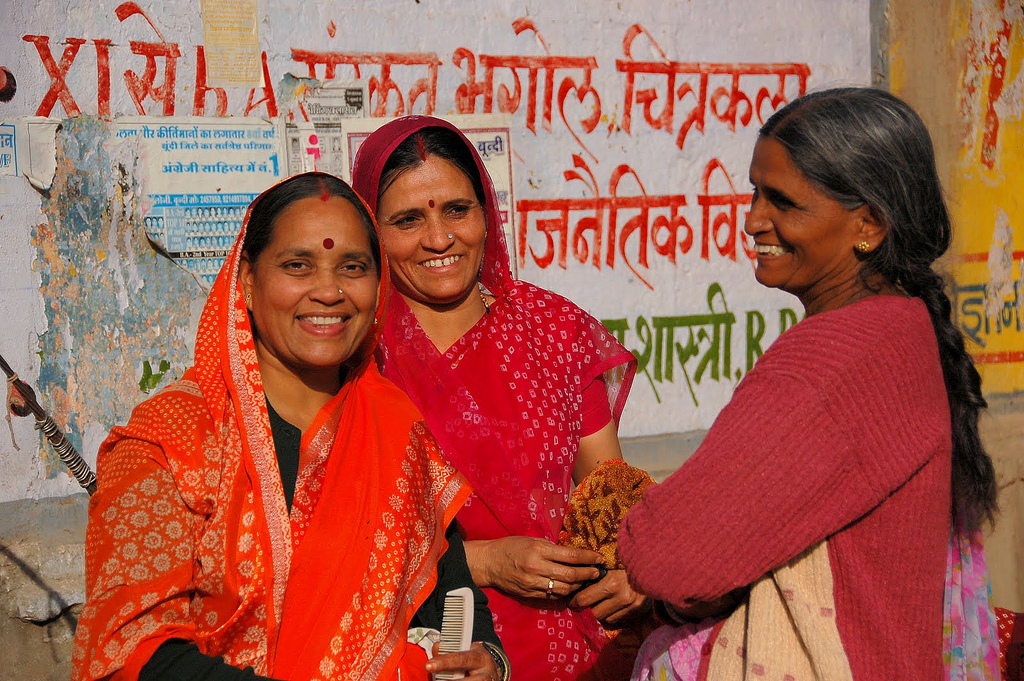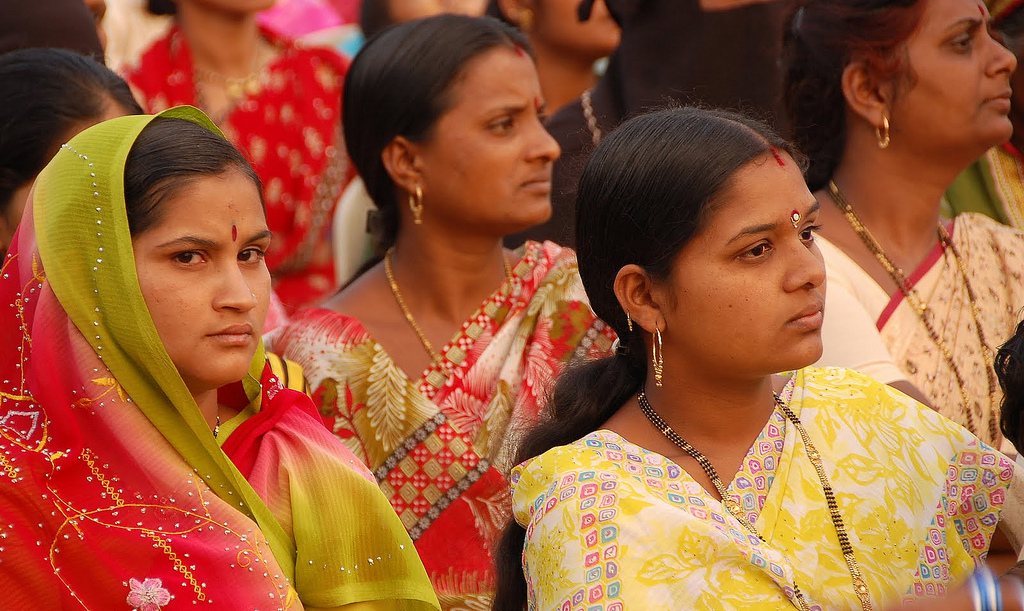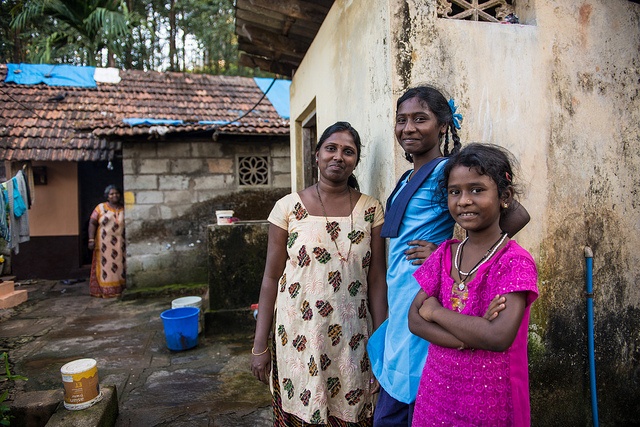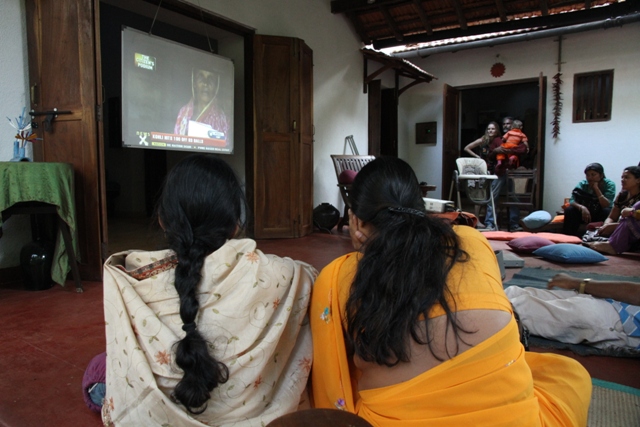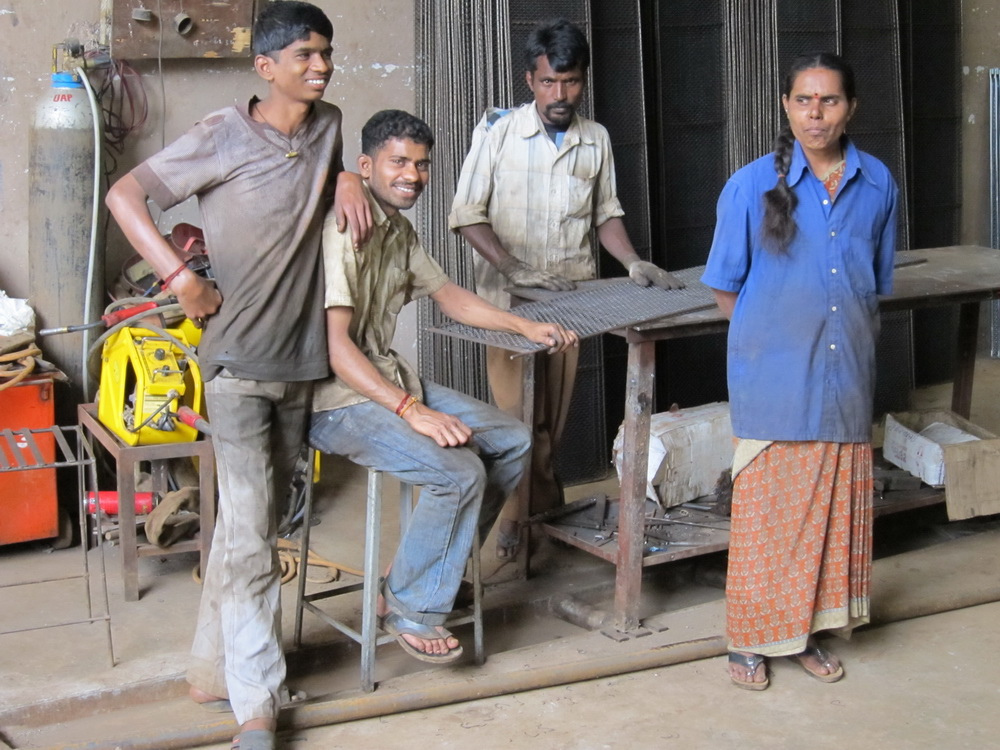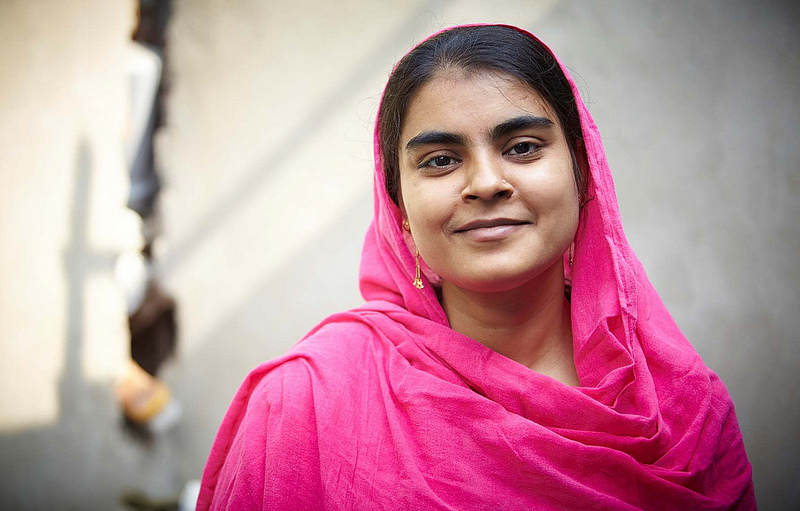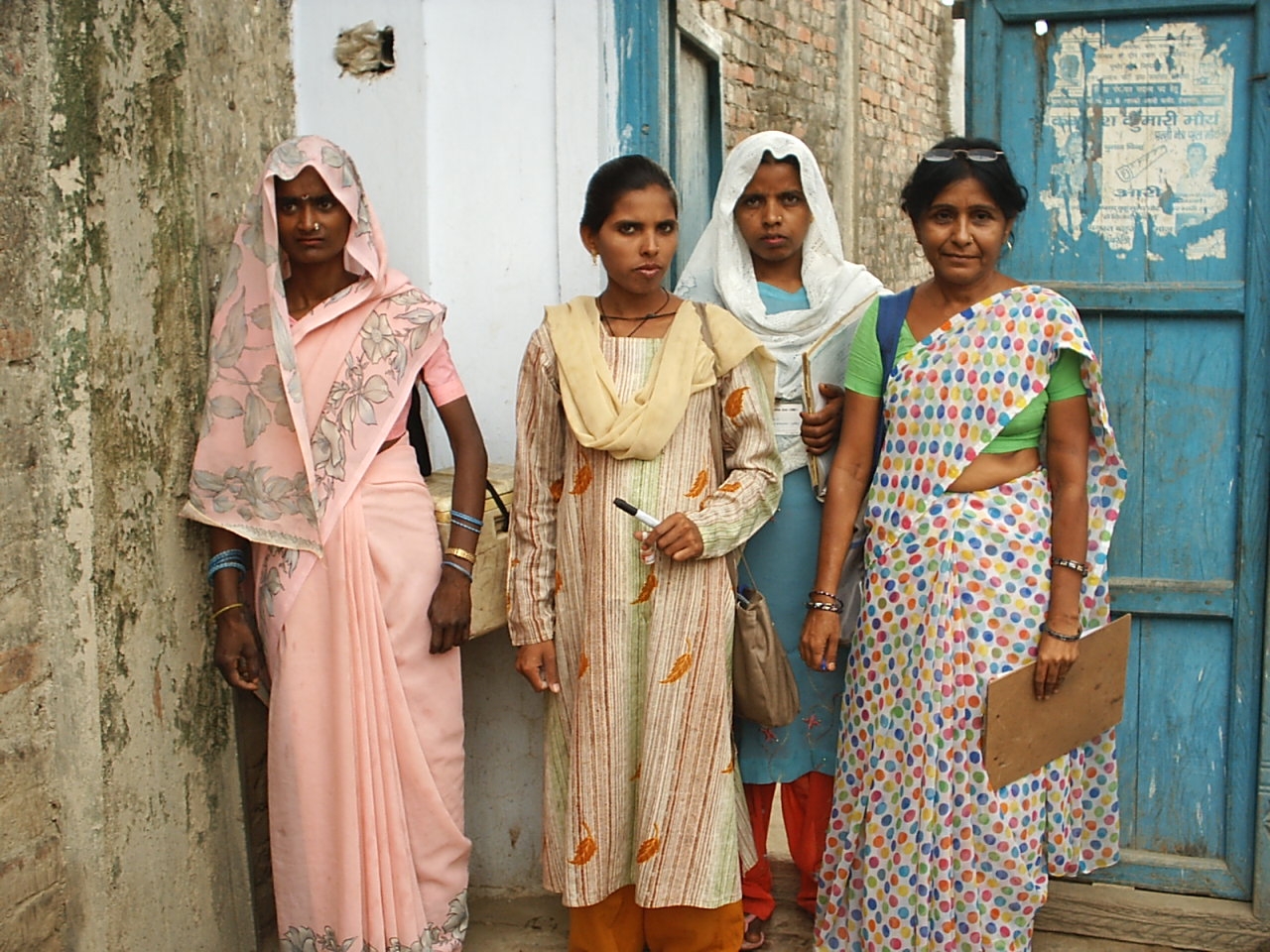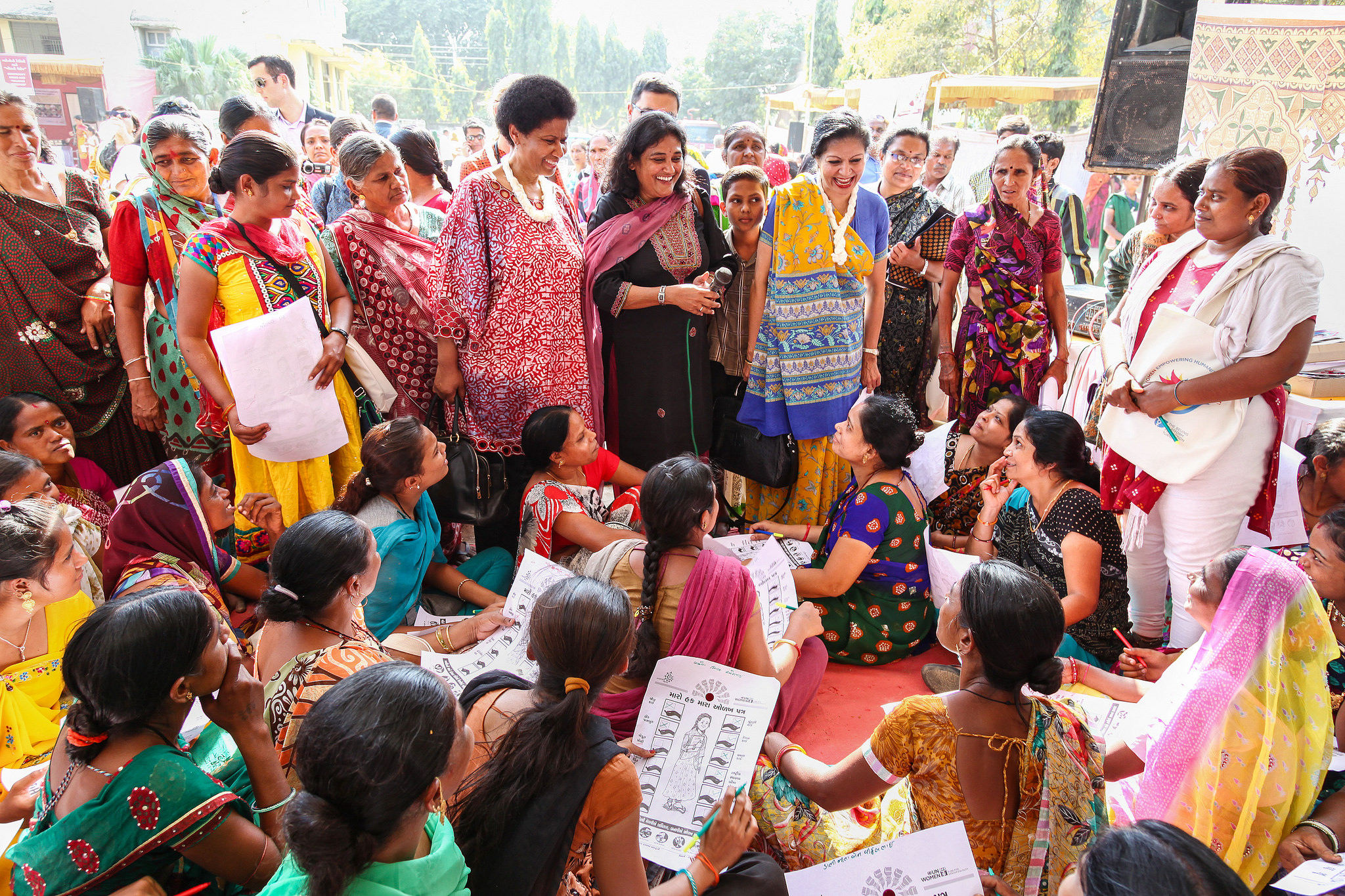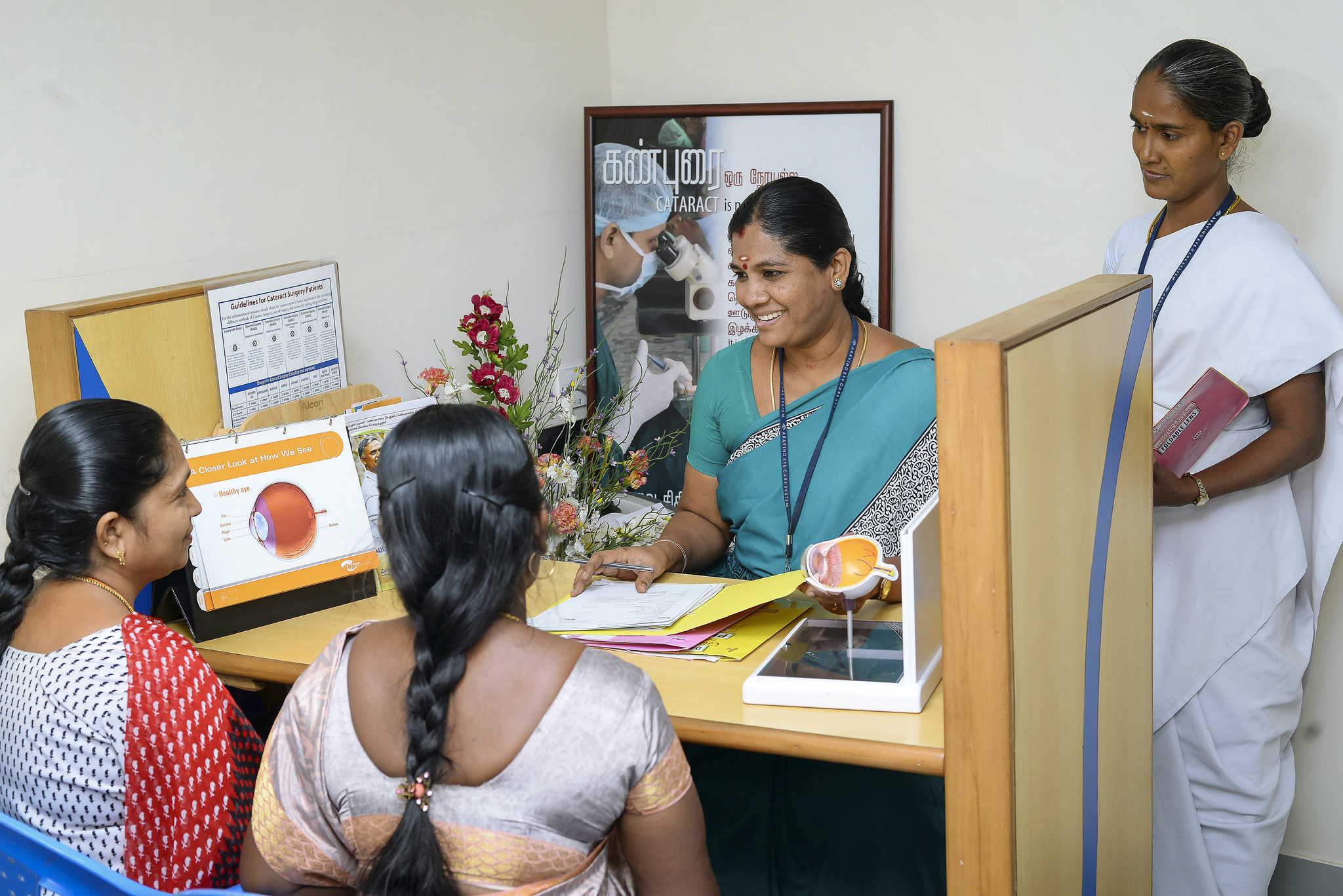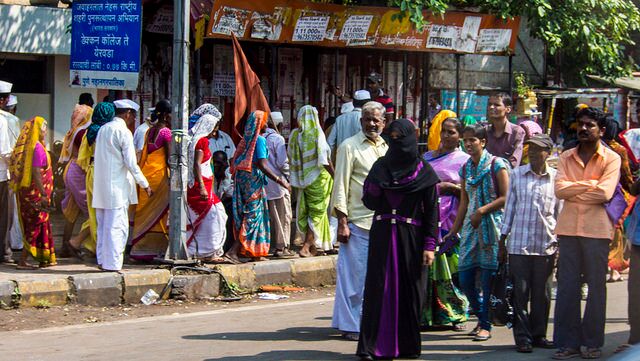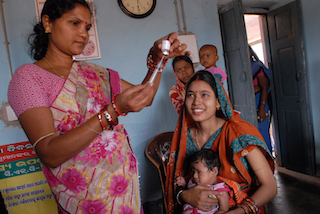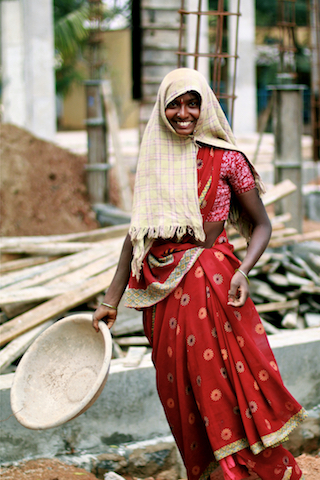View the latest family planning advocacy news from our partners.
Private sector family planning providers in India received a significant boost in December 2017, when the National Health Mission (NHM) recognized the Clinical Outreach Teams (COT) approach as a distinct service delivery model in its Public-Private Partnership policy.
In October 2017, state health officials acquired contraceptive counseling wheels and family planning tracking materials for all service providers in public health facilities located within India’s Maharashtra state.
India’s Jhansi district will now offer intrauterine device (IUD) services in five urban primary health centers for the first time, thanks to a letter sent by the Chief Medical Officer in September 2017. Prior to this expansion, health centers offered only pills, condoms, and emergency contraception as family planning methods.
India’s Agra district Department of Information & Broadcasting (I & B) committed to air key information developed by the Department of Health and Family Welfare on the availability of family planning services for men. After running informative messaging from August to October 2017 on five local television channels and in five leading newspapers, I & B recently extended the contract for an additional five months.
The Industrial Association in the Firozabad district of Uttar Pradesh, India approved an unprecedented three days paid leave for male employees who undergo non-scalpel vasectomy (NSV) services.
Assam state establishes district working groups for family planning in four districts
For the first time in India, the state government of Jharkhand initiated a pilot to engage accredited social health activists as ‘family planning communicators.’ The frontline health workers, known as Sahhiyas in Jharkhand, will provide family planning counseling services, filling human resource vacancies and improving access to quality services.
As of July 2017, five districts in India’s Rajasthan state formed and operationalized working groups. All five groups, one established as an advocacy working group and the other four initially formed as District Project Implementation Bodies, are successfully advocating for family planning progress in their districts.
Between July and October 2017, the districts of Baran, Bhilwara, Sawai Madhopur, Sirohi and Pali in India’s Rajasthan state established 28 family planning counseling corners. These dedicated spaces, in addition to the two previously established, will improve patient counseling on modern contraception methods as well as the quality of contraceptive service provision in the respective facilities.
On June 19, 2017, India’s Maharashtra State Family Welfare Bureau approved the formation of the Pune district family planning working group following strong evidence-based advocacy. The working group will advocate for family planning progress in Pune, the country’s fourth most populous district, with a population of about 9.4 million people.[1]
Three community health centers in the Jhansi district of Uttar Pradesh, India initiated “fixed day services” (FDS)—ensuring that quality female sterilization services are available on a designated day every week, all year long.
Two major corporations in India are prioritizing family planning investment in their social action policies— a result of sustained advocacy by Advance Family Planning local partner Pathfinder International India.


